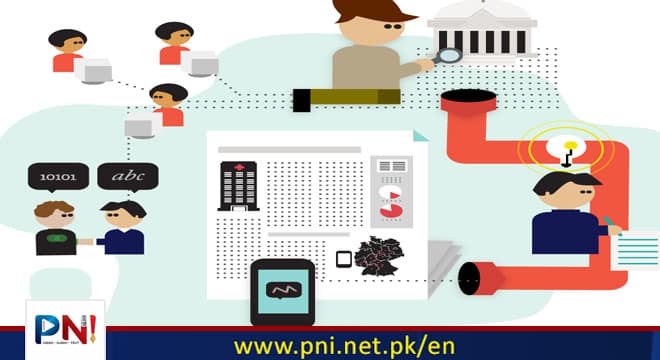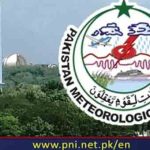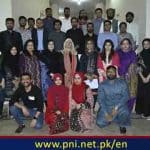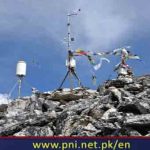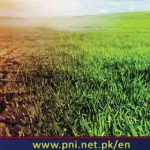Karachi, Pakistan – Karachi, as a sprawling metropolis, grapples with a significant environmental challenge stemming from its inadequate water sanitation and solid waste management systems. The city’s burgeoning population and rapid industrialization exacerbate these problems, necessitating urgent action and sustainable solutions to safeguard public health and the environment.
“Investigative and data-driven journalism are indispensable tools in Pakistan’s environmental reporting arsenal, crucial for highlighting human-centric critical issues, ensuring accountability,” remarked Syed Masood Raza, General Secretary of GNMI, during a 3-Day Sabz Journalism Environmental Reporting training in Karachi, organized by the Global Neighbourhood for Media Innovation (GNMI) in collaboration with the United States Department of State. “Ethical practices serve as the cornerstone of environmental reporting, guiding reporters in their pursuit of truth and accuracy while upholding the highest standards of integrity,” he emphasized.
Javed Mahar Ahmed, Chief Conservator of Sindh Wildlife Department, stressed the critical role of informed journalists in effectively educating the public about environmental issues. He emphasized the importance of a comprehensive understanding of geography and anthropology to better comprehend environmental densities. Ahmed advocated for an intersectional approach to comprehend the intricate connections between environmental and biodiversity concerns.
Led by senior environmental journalist Afia Salam, the training aimed to empower mid-level journalists, digital content producers, and filmmakers actively engaged in climate-related reporting across various media platforms. The training covered various aspects, including insights into environmental science, differentiating between climate and environmental issues, adopting data-driven and investigative approaches to storytelling, learning digital narrative techniques, and devising effective methods for content sharing. Practical exercises were incorporated to strengthen participants’ storytelling abilities, with particular emphasis on integrating environmental angles into their regular reporting practices.
The program featured sessions led by renowned experts in the field, including Ayaz Khan, founder of MoJo Pakistan, and Hassan Meer, a digital marketing and monetization expert. Fellows gained valuable insights and knowledge from these experts on creating compelling digital content and using effective digital marketing techniques. This will empower them to establish or strengthen their online news platforms for environmental reporting.
Fellows belonging to the reputable media houses of Karachi including Dawn, Samaa TV, Jang News, ARY news, Geo News, Aaj TV, Neo TV, 24 News, Radio Pakistan, Soch Media, Dialogue Pakistan, Sindh Express-News, Gwadar e Tawar, and other freelance journalists and filmmakers, participated in the event.
Sabz Journalism Fellowship Program aims to empower journalists with the necessary skills and knowledge to report effectively on environmental issues, promoting awareness and understanding among the public. The program also seeks to promote data-driven and investigative reporting, achieve inclusive economic growth and sustainable development by producing and disseminating climate-focused content on digital media platforms.
GNMI is a registered non-profit media development organization that drives social impact through innovative use of media and technology. The organization employs state-of-the-art literacy programs and runs rights-based advocacy campaigns on media platforms for sustainable, innovative, and empowering solutions. With the support of United States Department of State, Sabz Journalism Fellowship Program is committed to improve the quality and volume of environmental reporting in Pakistan, ultimately contributing to increased public awareness and better-informed decision-making on environmental issues.


